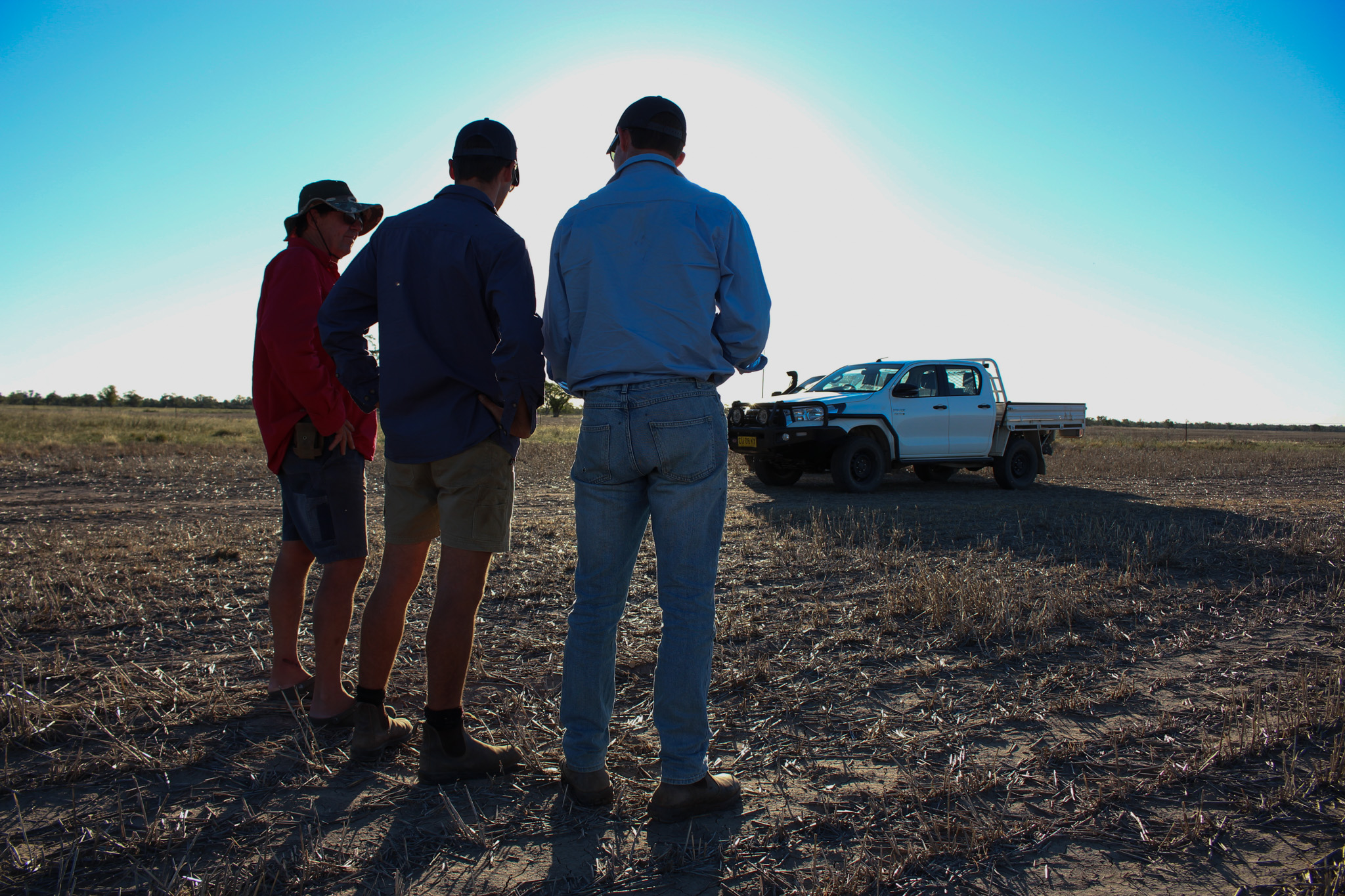A good decision doesn’t guarantee a good outcome
August 2021
Matthew Lieschke, Senior Agriculture Advisor, Livestock
I recently attended a workshop where I was asked the following question: “what is the best decision you have made in the last 12 months?”. To answer the question, I immediately started to think about some of the really good things that had taken place in the previous year as a result of a decision I made. At this point, I was introduced to a phenomenon known as “outcome bias”.
KEY POINTS:
- Evaluating a decision based on the outcome (outcome bias) can actually be misleading, as sometimes good decisions can lead to bad outcomes and vice versa
- A good way to reduce outcome bias is to bring other people into the process – get fresh eyes and perspectives on your decisions to challenge your thinking
- NSW Department of Primary Industries is currently offering Farm Business Coaching
- Upskill yourself - financial and business management training can enhance decision making, business efficiency and profitability. Meat and Livestock Australia are still offering Business EDGE workshops as part of the EDGEnetwork series. Further information is available here.
Outcome bias is something that we all do and occurs when we evaluate a decision based on the outcome. A good decision can still lead to a bad outcome (and vice versa). Once a decision is made, there is always an element of chance that follows which is out of our control. For example, if you go through a green light and are involved in a car accident the outcome is obviously bad, but it was still a good decision at the time (you were just very unlucky).

Since the workshop, I’ve been thinking about decision-making on-farm and the influence of outcome bias. Over the last 12 months, many conversations I’ve shared with producers have included commentary around the remarkable turnaround in seasonal conditions, dizzying stock prices and not having enough stock on hand. Often these discussions have included a comment along the lines of “given the way things turned out I’m really glad I did this” or “in hindsight, I really wish I had done that”.
While the natural tendency is to ‘learn from our experiences’, the difficult part is that all droughts are different and have their own set of unique factors (both on-farm and off-farm). As such, in managing drought it’s very difficult to be prescriptive or have a set recipe. In other words, a very good strategy for one drought might not be a good strategy for the next. Each drought needs to be dealt with on a case-by-case basis where all available options are explored and the likely outcome from each strategy is assessed using the best available information at the time.
Secondly, with any drought review process that you may undertake it’s imperative that you separate the outcome from the decision. Annie Duke (former professional poker player and author in behavioural decision science) stresses that this is extremely difficult to do as we tend to tie the quality of the outcome to the quality of the decision. Duke suggests that one way to reduce this bias is to bring other people into the review process. Ideally, these people will have a different perspective to your own so they can bring a different angle to the discussion, cultivate curiosity and challenge your own thinking.
When reviewing your drought strategy, also take the opportunity to review your overall business plan e.g. business goals and objectives, production plans, financial plans and so on. If you haven’t done this before and aren’t sure where to start, NSW Department of Primary Industries is currently offering Farm Business Coaching. This is a unique opportunity to receive one-on-one advice from an expert coach to ensure you are heading in the right direction. Places are limited to 150 businesses across NSW and applications close on 31 August 2021.
Upskill yourself - Meat and Livestock Australia are still offering Business EDGE workshops. Part of the EDGEnetwork series, Business EDGE is a two-day financial and business management training workshop for all livestock producers. The aim is to enhance producer knowledge and skills in basic financial and business management to improve business efficiency and profitability. The next available course is being held in Wagga Wagga on 2-3 September. Further information is available here.